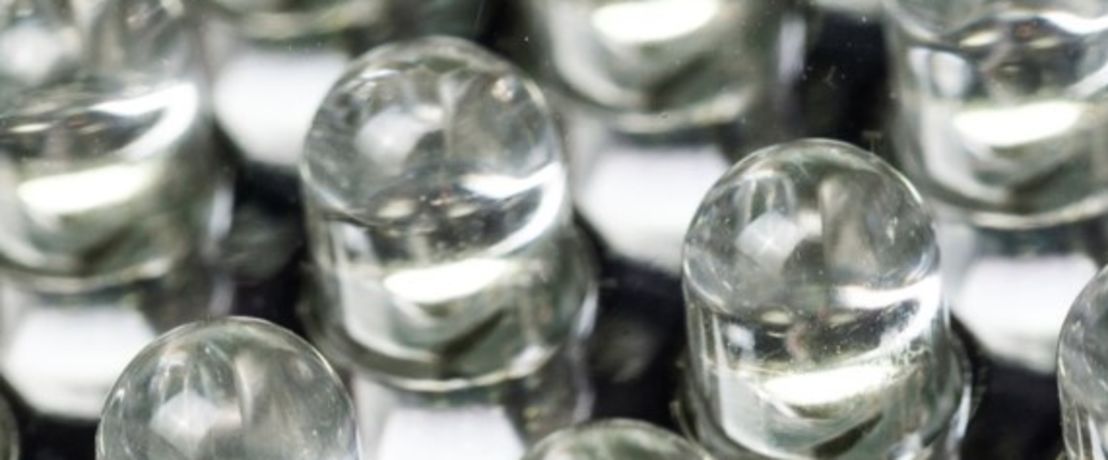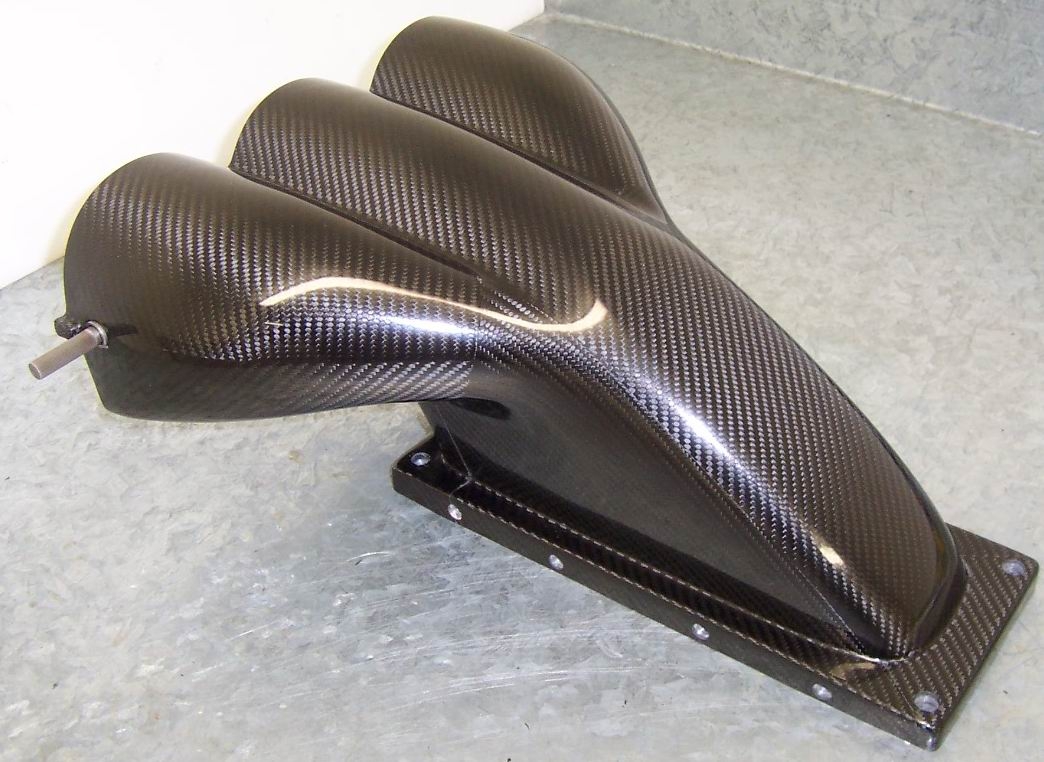An epoxy is a thermosetting polymer that possesses unique mechanical and resistance properties. The term epoxy can be used for the cured end product or any of the basic components within epoxy resins.
An epoxy resin is a class of thermoset polymer made from a monomer that contains at least two epoxide groups. Epoxy resins can be homopolymerized or cross-linked into a three dimensional network using curatives. A broad assortment of curatives are available for ambient or thermal-curing and include polyfunctional acids, amines, phenols, thiols, alcohols and anhydrides, and are often known as curing agents or hardeners.
Epoxy resin types include those based on the Diglycidyl ether of Bisphenol A (DGEBA); cycloaliphatics with saturated ring structures; epoxy novolaks based on phenol and formaldehyde; and tetrafunctional epoxies such as Tetraglycidyl-4,4′-diaminodiphenyl methane (TGDDM). Different grades of epoxy resin may be blended to achieve desired properties or reduce overall costs.
EEW is the Epoxy Equivalent Weight, denoting the weight of resin in grams that contain the equivalent of one epoxy group. EEW is dependent upon molecular weight and is useful in determining curing agent concentrations. The general rule is that as EEW increases, the amount of curative decreases. This can also be expressed by stoichiometry, or the use of molar ratios to calculate the required amount of epoxy and curative.
For anhydrides, it is important to note that, while stoichiometry may be used as a guide to determine curative dosing, empirically determined lower levels are typically used for optimal results.
Epoxy Applications
Epoxies can be used for a range of applications. Using epoxy for adhesive applications is arguably one of the most popular uses. They are considered the strongest adhesive available, and epoxy adhesives have found use in the automotive and aerospace industries. Solvent-free epoxy adhesives provide water resistance, durability, chemical resistance and thermal resistance.
Epoxy coatings find use on metal substrates where heavy duty service is required. They provide a tough, protective coating, with outstanding hardness.
If you would like to learn more, begin our video series on epoxy-anhydrides here: Formulating Tips for Epoxy-Anhydride Cure Systems: Benefits & Successes
Epoxy resins are outstanding electrical insulators, which makes them useful components for the electronics industry. They are used in the manufacture of generators, motors, transformers, and insulators.
Solutions from JAYHAWK
JAYHAWK have a long history in developing and manufacturing a range of dianhydrides useful as thermal curatives for epoxy resins. JAYHAWK BTDA (Benzophenone tetracarboxylic dianhydride) serves as our flagship product. If you would like any more information about JAYHAWK Dianhdyrides, please contact us today.





